20th Biennial Symposium on Violence & Aggression
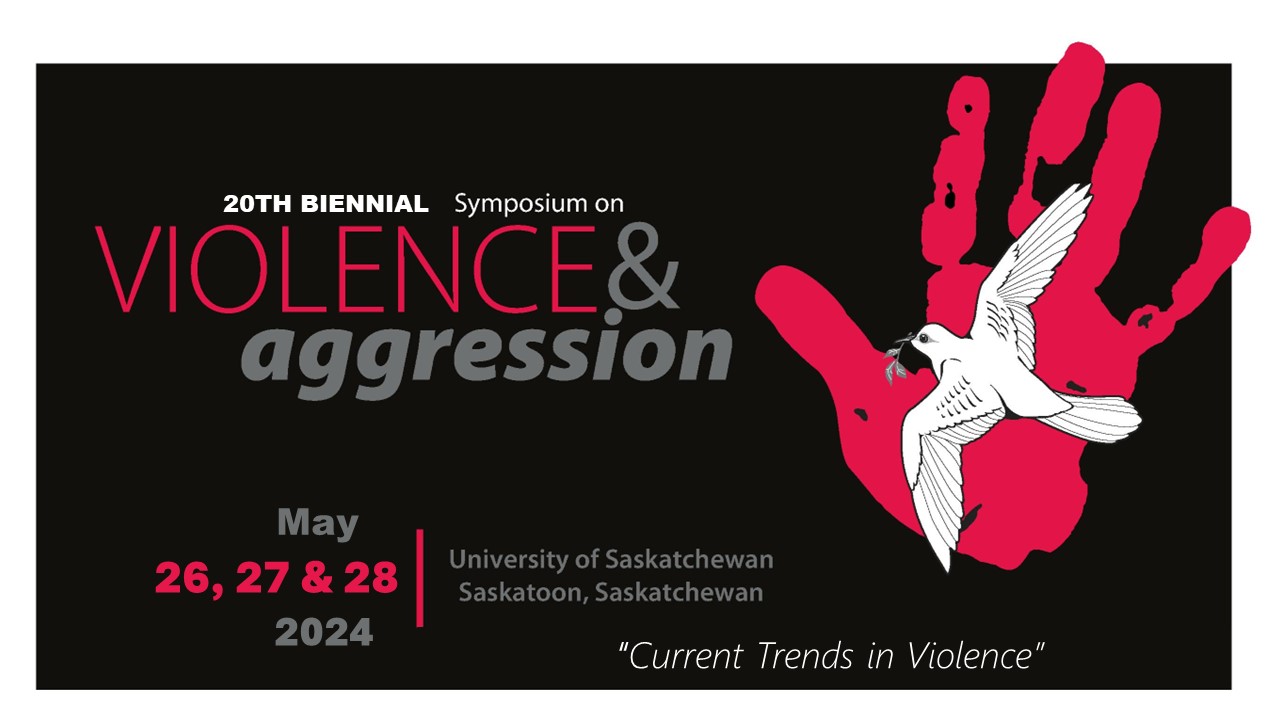
The Biennial Symposium on Violence & Aggression has been a collaborative effort of Correctional Service Canada, the University of Saskatchewan, and other government, public, and academic contributors since 1986. Targeted to frontline workers, as well as clinicians and other professionals and administrators in criminal justice and forensic mental health, the Symposium translates research and theory into practice and provides an opportunity to highlight excellence and innovation within a variety of correctional and criminal justice environments.
The 20th offering will focus on “Current Trends in Violence” and will feature 4 plenary speakers and up to 12 concurrent sessions, involving more than 16 local, national and international presenters. Presenters will share their knowledge and experience on an array of topics including:
- Gangs
- Human Trafficking
- Intimate Partner Violence
- Post-Covid Trends in Violence
Program
Keynote Speakers
Monday, May 27, 2024
More than a Voyeur: Engagement with Indigenous Peoples in Street Lifestyles - Dr. Robert Henry, University of Saskatchewan
Good Intentions, Harmful Impacts: System Responses to Human Trafficking and Gender-Based Violence in the Prairies - Dr. Manuela Valle-Castro, Anti-racist Educator and Researcher, Prairie Centre for Racial Justice
Tuesday, May 28, 2024
Interactions with Conspiracy Theorists and Resulting Real-World Violence - Dr. Christine Sarteschi, Chatham University
Domestic Violence Risk Assessment and Risk Management: The Importance of Researcher-Practitioner Partnerships - Dr. N. Zoe Hilton, Research Chair in Forensic Mental Health at the University of Toronto Temerty Faculty of Medicine and Waypoint Centre for Mental Health Care.
Concurrent Sessions
Monday, May 27, 2024
- The Journey to Becoming an Indigenous Gang Member - Stan Tu’Inukuafe, STR8 UP 10’000 Little Steps to Healing, Inc.
- Intimate Partner Violence: Current Evidence from Research and Future Directions - Crystal Giesbrecht, University of Regina
- Pawsitive Connections: Exploring the Role of Animals in High-Risk Policing and Human Health and Wellbeing - Dr. Colleen Dell, University of Saskatchewan, & Dr. Roberta Sinclair, Carleton University and the RCMP
- 'New-Age' Gangs - Dr. Cathy Prowse,University of Calgary and Mount Royal University
- Human Trafficking In Canada -Sgt. Greg Smith, NCO i/c Saskatchewan Trafficking Response Team (STRT)
- Living in the Shadow of Mass Shooting: Facing the Complexity of Community Recovery -Dr. Jack Rozdilsky, York University
Tuesday, May 28, 2024
-
Saskatoon Police Service Guns & Gangs Unit: Current Trends, Structure, & Violence Within Saskatoon Street Gangs - Detective Constable Derrick Harvey, & Detective Constable Kevin Adrian, Guns & Gangs Unit, Saskatoon Police Service
- Overvalued Beliefs and Conspiracy Theories-A Combustible Space - Dr. Gary Chaimowitz, McMaster University
-
Responding to Women Who Experience Intimate Partner Violence in Rural Municipalities Across the Prairies - Dr. Masha Kardashevskaya, University of Manitoba
- Human Trafficking in the Prairies - Joeline Magill, Hope Restored Canada
- Community Risk Reduction Overview - Yvonne Raymer, Saskatoon Fire Department
- Men and their experiences of female-perpetrated intimate partner violence - Dr. Elizabeth Bates, University of Cumbria
Banquet Speaker
New Developments in Saskatchewan First Nations Public Safety - Matthew Mirasty, First Nations and Indigenous Policing, Government of Saskatchewan
Abstracts
Engagement with Indigenous Peoples engaged in street lifestyles has often been conducted on and not with the participants. As a result, research has pathologized their experiences relating their actions to that of deviance or lack of social order. This presentation focuses on Dr. Henry's work with Indigenous Peoples who are and have been engaged in Indigenous street gangs and lifestyles. Using a survivance lens, this presentation looks to reframe how we have come to understand Indigenous experiences and engagement with street lifestyles, highlighting the role that colonization and settler colonialism continue to have on Indigenous experiences on the Prairies.
Speaker:
Dr. Robert Henry, University of Saskatchewan
This 90 minute session describes the journey to become an Indigenous gang member, often beginning in early childhood, or even prior to birth. Poverty, racism, abandonment and various forms of dysfunctions and abuse lead young people into a life which promises acceptance and fulfillment, but which in fact is addictive, criminal and controlled by others. Our society seems unable to reclaim these alienated and troubled youth.
In this presentation, the Medicine Wheel is the holistic model used in beginning a journey of Healing.
Stan Tu’inukuafe will talk about the history of youth without belongings, as well as the needs and processes in a journey of recovery and rehabilitation.
During the second and third part of the presentation, recovering ex-gang member, will share their criminal and incarceration experiences and will focus on their self-empowerment and rehabilitation in achieving a healthy transformation.
Open discussion and exchange with the audience will close the session.
Speaker:
Stan Tu’Inukuafe, STR8 UP 10’000 Little Steps to Healing, Inc.
This presentation will summarize current research evidence relating to intimate partner violence (IPV), with a focus on the perpetration of IPV and coercive control. The presentation will include a summary of research on typologies of men who IPV, including implications for risk reduction and management, and a summary of current evidence from the research relating to effective treatment interventions. The presentation will also share findings from the author's research conducted in Saskatchewan, including research with professionals who facilitate IPV intervention programs and research relating to IPV and animal maltreatment.
Speaker:
Crystal Giesbrecht, University of Regina
The Royal Canadian Mounted Police's (RCMP) Sensitive and Specialized Investigative Services (SSIS) has developed a health and wellness training session informed through International Research. An overview of the training walks employees through how to incorporate health and wellness into their day. Various stressors and impacts (positive and negative) of working with sensitive materials are shared. Strategies and tools are provided that can be applied to mitigate the impacts – one is the integration of therapy dogs in the office. The concept of animals as cherished family members has gained significant recognition, paralleling the acknowledgment of their impact on human health and wellbeing. This presentation explores the distinctions between Therapy, Facility, and Service Dogs and their contributions to high-risk policing at organizational, managerial, and individual levels. Attendees will learn the outcomes of SSIS Therapy Dogs, offering crucial support to employees. Insights from research findings with Service Dogs partnered with Veterans, including RCMP, diagnosed with post traumatic stress disorder (PTSD) in Canada are offered.
Speaker:
Dr. Colleen Dell, University of Saskatchewan
Dr. Roberta Sinclair, RCMP/Carleton University
In contrast to the pattern of long-standing occidental street gangs modeled in the North American paradigm, 'new-age' gangs have appeared as loosely organized, with a high degree of fluidity of their membership. Associated with this structural fluidity is an equally significant geographic mobility, which paradoxically does not appear to diminish the intensity of personal bonds formed within and between ‘new-age’ gangs. The dimensions of fluidity of gang membership and geographic mobility across police jurisdictions is increasingly seen as the organizational pattern of emerging gangs, in large part shaped by worldwide patterns of human migration and globalization. While the structure of new-age gangs appears as loose-knit, what must be emphasized is that this characteristic is reflective of a criminal network of economic commodity-based ‘turf’ as opposed to a close-knit geographically anchored ‘turf’ that has characterized the prevailing North American (occidental) gang model. The implications for law enforcement agencies is two-fold: i) the fluidity of 'new-age' gang players challenges investigative techniques predicated on suspect recognition through modus operandi repetition, and; ii) the movement of new-age gang players across police jurisdictions challenges the sharing of police information. This session will suggest why 'new-age' gangs should be conceived of as "interest coalitions', whose evolving structure has strong implications for practitioners and professionals working in the greater criminal justice system, public policy, and at-risk youth/young adults.
Speaker:
Dr. Cathy Prowse, University of Calgary and Mount Royal University
Sgt. Smith has over 20 years of policing experience with the RCMP and is in charge of the Yorkton Saskatchewan Trafficking Response Team. As part of his duties, he is the Saskatchewan Human Trafficking Coordinator. During the presentation, Sgt. Smith will explain what Human Trafficking is and what it looks like in Saskatchewan and across Canada. Topics covered will include how people are recruited, risk factors to be aware of, indicators to look for, victim mindset, enforcement challenges, how to report suspected Human Trafficking, and an explanation of the applicable criminal charges.
Speaker:
Sgt. Greg Smith NCO i/c Saskatchewan Trafficking Response Team (STRT)
A mass shooting casts a long shadow of trauma over the community of persons who were exposed to the violent incident. This presentation will: 1) In terms of knowledge and comprehension, recognize recent Canadian mass shootings within the context of trends of mass violence; 2) In terms of application, demonstrate the complexity of a mass shooting incident by using a first-person narrative perspective to describe this author’s lived experience during a 2022 mass shooting in Vaughan, Ontario, and 3) In terms of analysis, comments will be provided on challenges impeding and opportunities supporting community recovery from a mass shooting.
Speaker:
Dr. Jack Rozdilsky, York University
Across the three prairie provinces, system responses to domestic human trafficking and gender-based violence focus on two strands of action: policing and incarceration and education and awareness. In this presentation, I will elaborate on why these approaches are not being informed by evidence nor evaluated properly, so we do not have measurable outcomes that prove their effectiveness in decreasing the levels of violence experienced specifically by Indigenous women. I will argue that the provincial government's public commitments to Reconciliation that are visible in public discourse (around Orange Shirt Day or MMIWG2S) do not directly translate into funding programs that support vulnerable women, children and youth by addressing the root causes of vulnerability: economic, housing and food security for communities. Not incorporating the evidence in a meaningful way, and not working with community stakeholders with diverse perspectives has harmful consequences. One is that we are keeping a trend of increasing Indigenous women at rates unacceptable given the TRC Calls to Action and their implementation. Another one is that responding to upstream problems with downstream responses is expensive and unsustainable politically, socially, and financially.
Speaker:
Dr. Manuela Valle-Castro, University of Saskatchewan
New developments with the Saskatchewan First Nation Community Safety Officer program, the exploration of Regional Self- Administered First Nation's Policing services and changes to our broader policing landscape present exciting opportunities to tackle today's current crisis's and prepare our province for the future.
Saskatchewan's public safety landscape is changing. While much-publicized challenges related to gang violence, criminality, mental health and addiction exist, there are also growing opportunities for First Nations, northern, isolated and rural communities to engage in discussions and share their insights into how our province adapts to them.
New developments with the Saskatchewan First Nation Community Safety Officer program, the exploration of self-administered First Nation's policing services and bylaw enforcement present exciting opportunities to share communities' expertise and build the partnerships that will address current challenges and prepare our province for the future.
Speaker:
Matthew Mirasty, First Nations and Indigenous Policing, Government of Saskatchewan
This presentation traces, via case studies, instances in which a person or a group who overtly articulated conspiracy theories, engaged in acts of violence. The case studies and incidents examined include Romana Didulo, the QAnon Queen & The Peterborough Citizen’s Arrest Incident; The January 6th Insurrection and sovereign citizen litigants; QAnon and sovereign citizen adherents and their interactions with Child Protective Services; David Depape, the man who attacked Paul Pelosi; The Wieambilla shootings in Queensland Australia, and a case of violence involving an individual who considered themselves to be a victim of gang stalking. The presentation will highlight their “path to violence,” the conspiratorial ideas that led to the violence, and reflect upon the antecedents that contributed to the extremist violence.
Speaker:
Dr. Christine Sarteschi, Chatham University
Speaker:
Detective Constable Derrick Harvey, Guns & Gangs Unit, Saskatoon Police Service
Detective Constable Kevin Adrian, Guns & Gangs Unit, Saskatoon Police Service
Delusions or delusional ideation, a core symptom of many major psychiatric conditions, has a simple and elegant definition that has generally stood the test of time. At least up until now. For a number of reasons that definition has become vulnerable to changing perspectives and thinking. Closer examination has revealed the paucity of research into what delusions are in fact, their meaning, and has muddied what was previously a much clearer view. Conspiracy theories have challenged our thinking about boundaries between “normal” thinking and illness. Overvalued ideas, a peri-delusional construct, has been both poorly studied and is insufficient to explain what needs to be an expansion in our thinking about delusions. Various definitions such as “delusion-like beliefs” and “extreme overvalued ideas” have tried to fill this gap. This presentation will discuss the expanded boundary of delusions, provide some ideas as to why this has happened, when and how these ideas may turn violent.
Speaker:
Dr. Gary Chaimowitz, McMaster University
The session presents the findings of a multi-site exploratory research study that explored rural women’s experiences of intimate partner violence (IPV) and barriers that rural women face in the prairie provinces when seeking help. We found that rural living impacts women’s experience of abuse and poses unique barriers to accessing help. Policymakers and service providers can play a crucial role in addressing these barriers by advocating for the expansion of resources and supports, the implementation of a widespread training program about IPV and intersectional experiences of IPV across all social services, the promotion of coordinated, trauma-informed and survivor-centred approaches to service provision, and other ways to improve the accessibility of IPV-related services to rural women in the prairies.
Speaker:
Dr. Masha Kardashevskaya, University of Manitoba
Hope Restored Canada sees first-hand the devastating impacts of sex trafficking and sexual exploitation on people in Saskatoon and across our province. As one of the many forms of gender-based violence, human trafficking plays a role in every community no matter the size or demographic.
During this session you will learn a brief overview of Human Trafficking in the prairies, who is impacted, how to identify the signs, what are gaps in services, and what is needed in the context of this work in our province. Taking findings from the recent Human Trafficking in the Prairie provinces research report, as well as from day-to-day program operation Joeline will share some of the realities of Human Trafficking in our province.
Speaker:
Joeline Magill, Hope Restored Canada
The presentation will provide an overview of the Saskatoon Fire Department's (SFD) role, mandate and duty to act.
The area of focus will be around the challenges of community safety and well being in our community such as hoarding, inadequate and unsafe housing which includes encampments, mental health/addiction concerns and unpredictable behaviors emerging when engaging with our community members who are unsupported.
Data will be shared on information and stats collected by the SFD. There will be an overview of the approach to all members of our community with a focus on trust and building relationships to support their needs.
Speaker:
Yvonne Raymer, Saskatoon Fire Department
The aim of this talk is to review the current research and understandings of male victims of intimate partner abuse. This will include focusing on men’s experience of female perpetrated abuse, the impact it had on them, and the ways in which it can impact their children. The talk will include discussion of men’s experiences of physical and sexual violence, coercive control and psychological abuse, as well as a consideration of the ways in which this can continue and change post separation. There will also be new research presented about their experiences of Gaslighting and their experiences of feeling fearful within their abusive relationships.
Speaker:
Dr. Elizabeth Bates, University of Cumbria
This presentation will give an overview of domestic (intimate partner) risk assessment approaches, with a focus on the ODARA, and how risk assessment relates to risk management and treatment using the risk, need, and responsivity principles. It will describe recent research on risk factors for domestic violence recidivism, including coercive control, and identify some knowledge gaps in the evidence base for the criminal justice system responding to coercive control. I will argue that researcher-practitioner partnerships are vital to overcoming these challenges and I will describe my current collaborative work with policing organizations across Canada.
Speaker:
Dr. N. Zoe Hilton, University of Toronto/ Waypoint Centre for Mental Health Care
Event Day
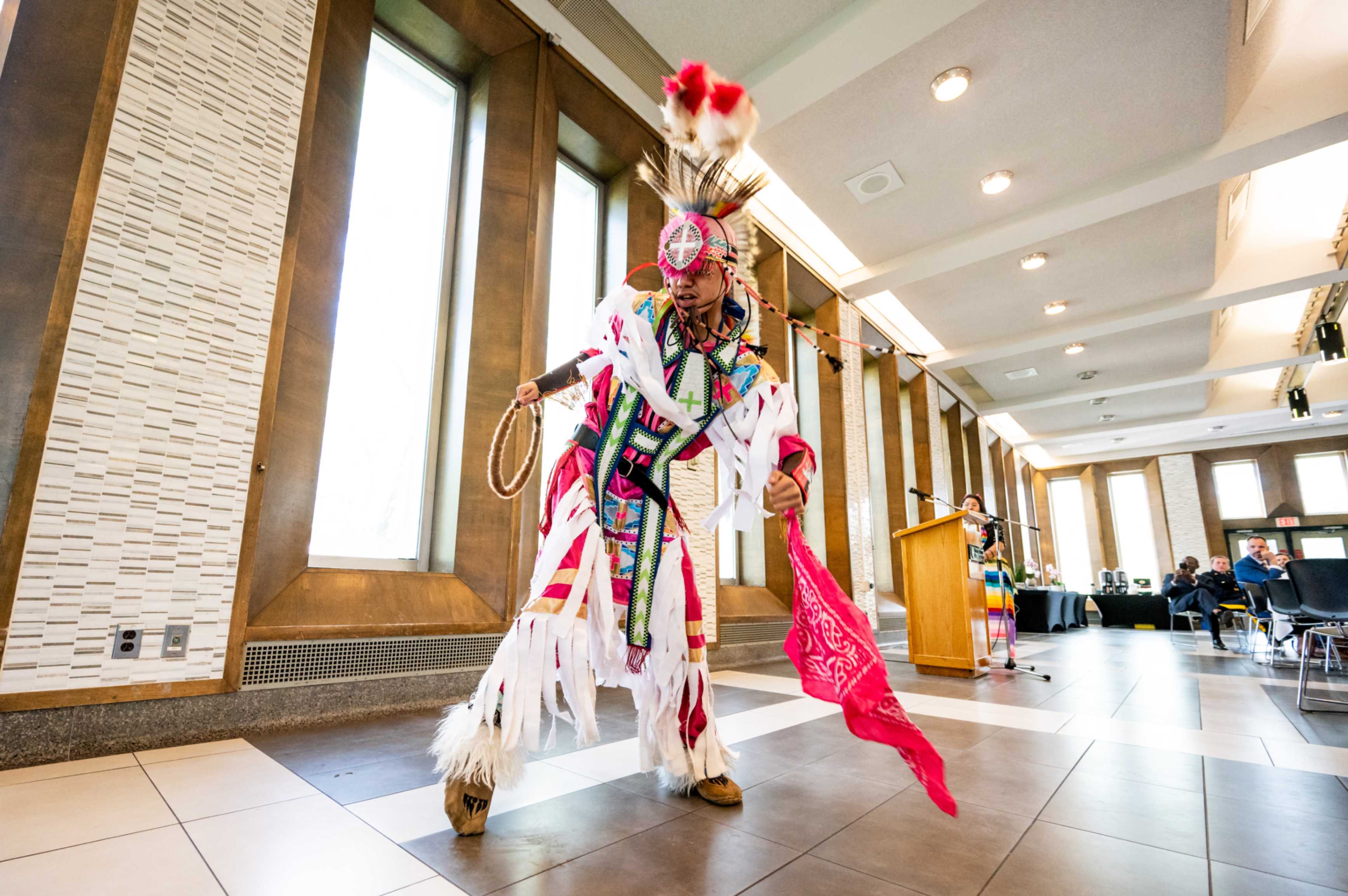
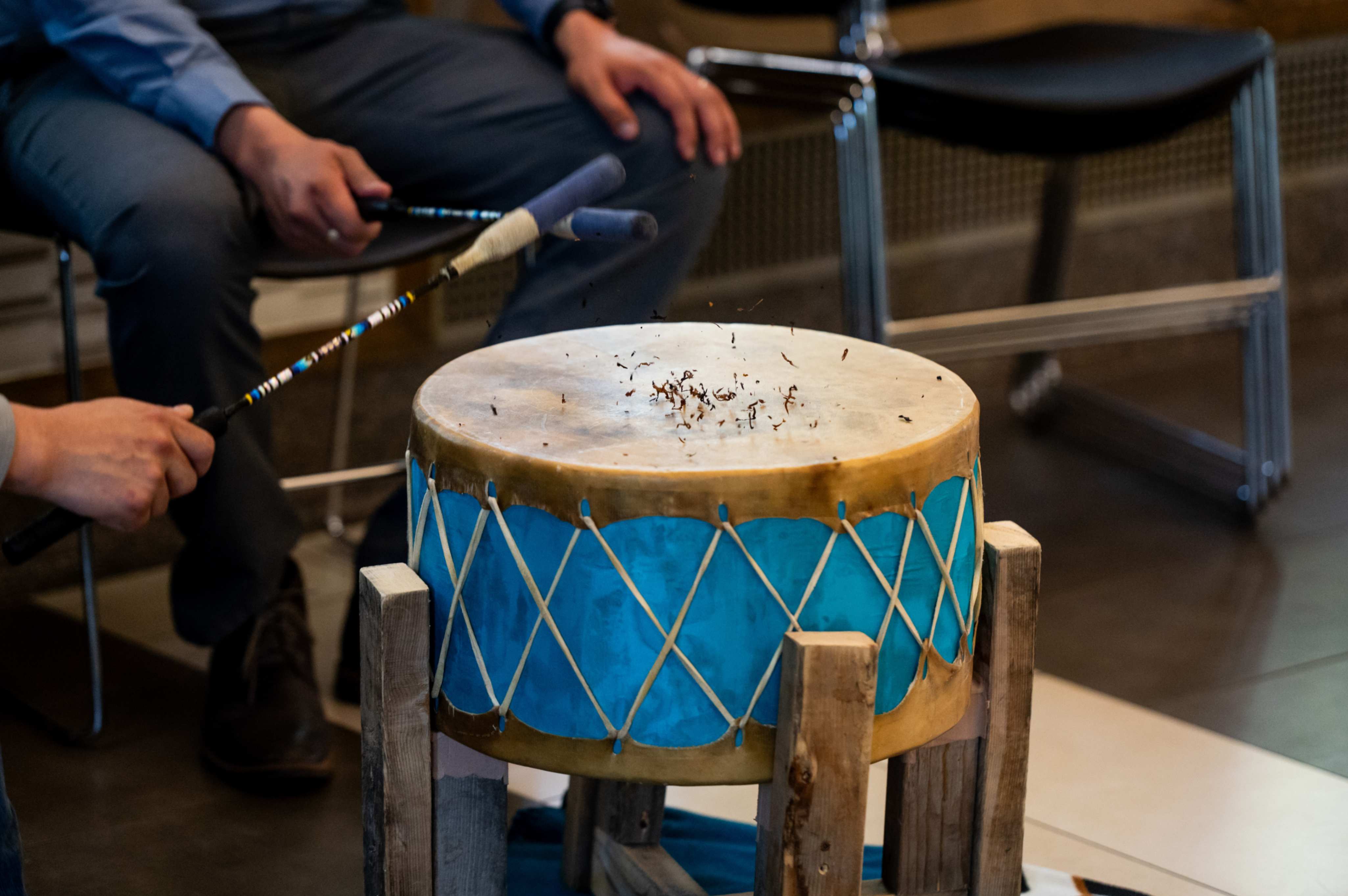
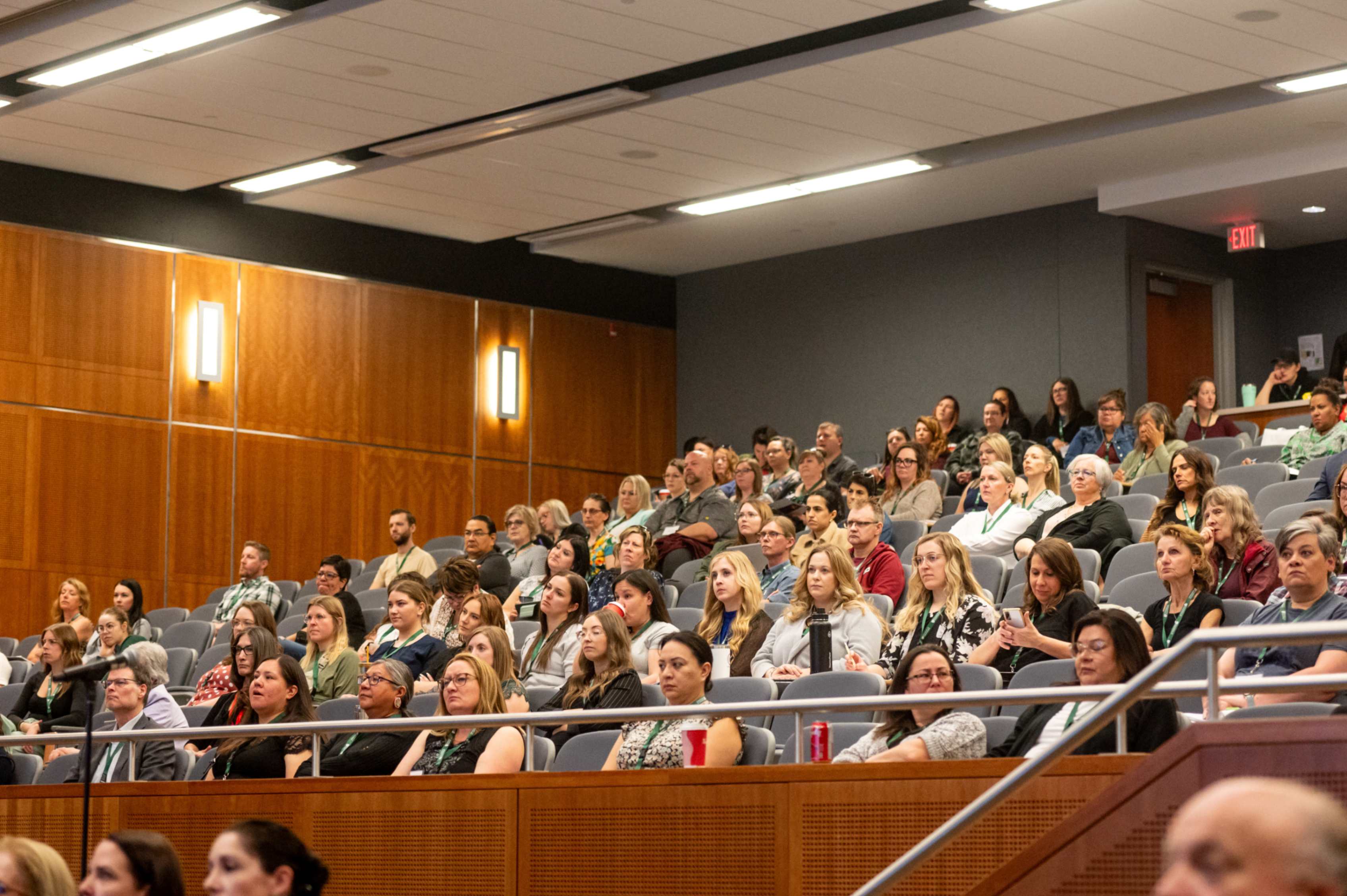
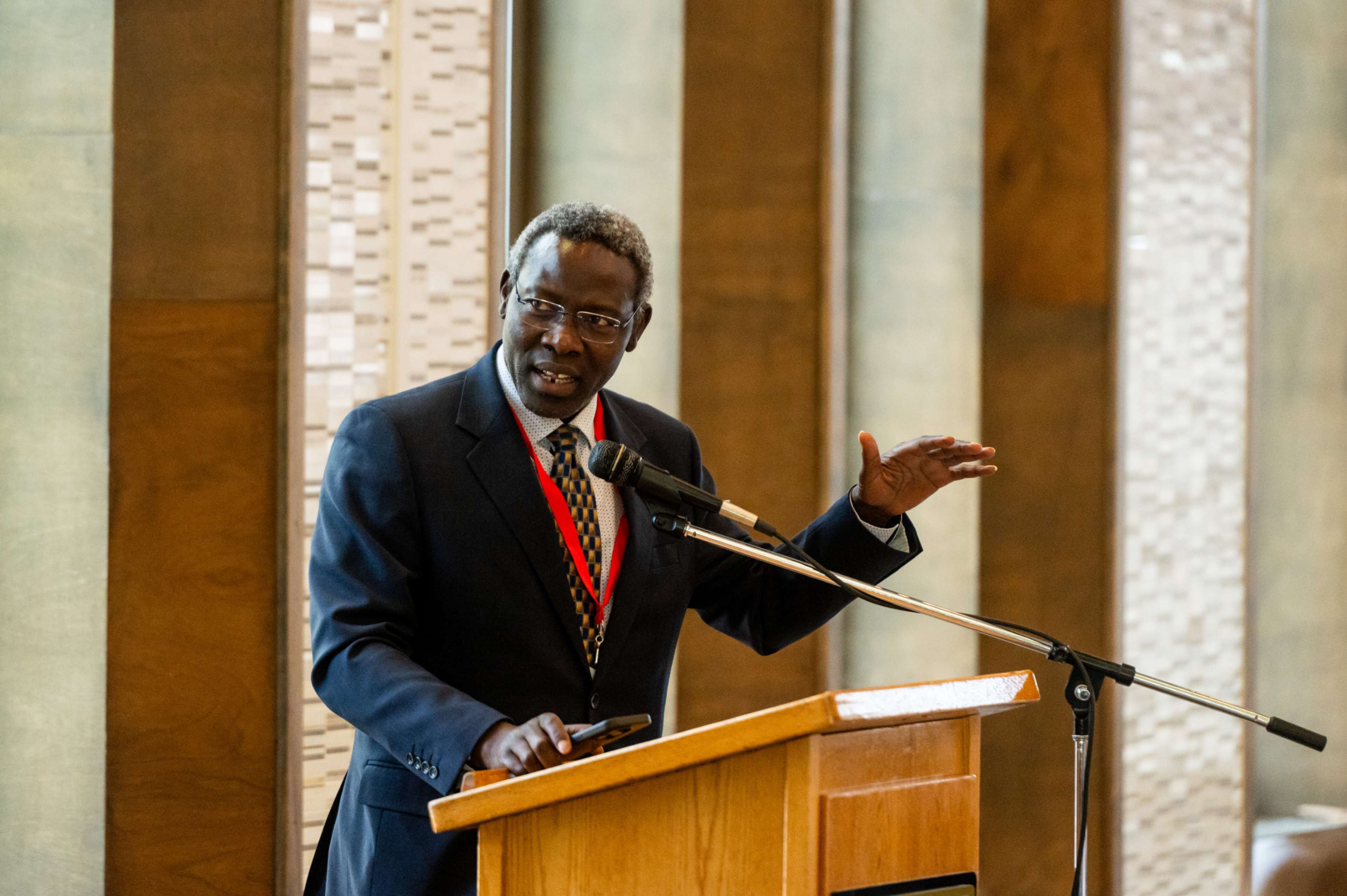
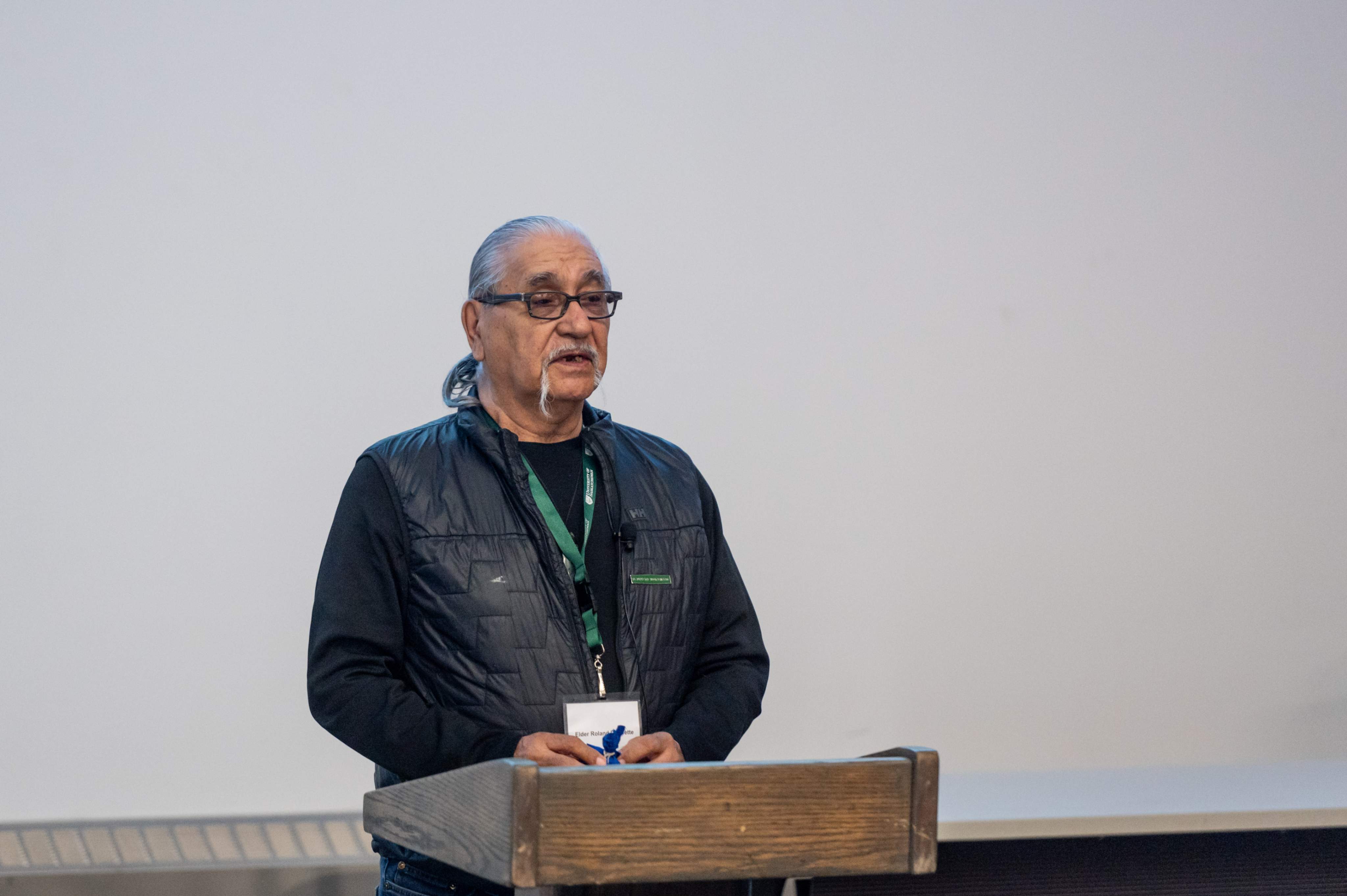
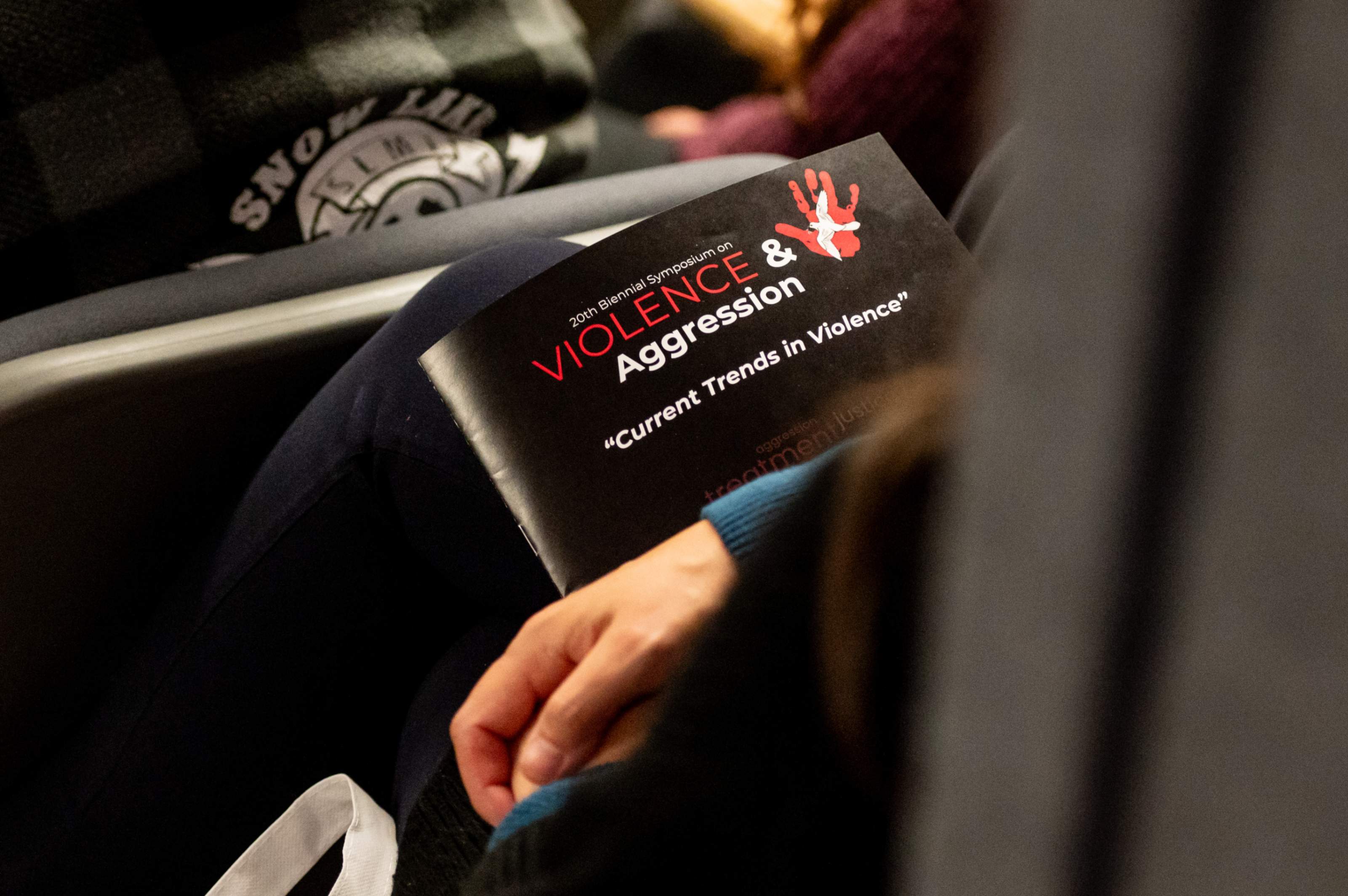
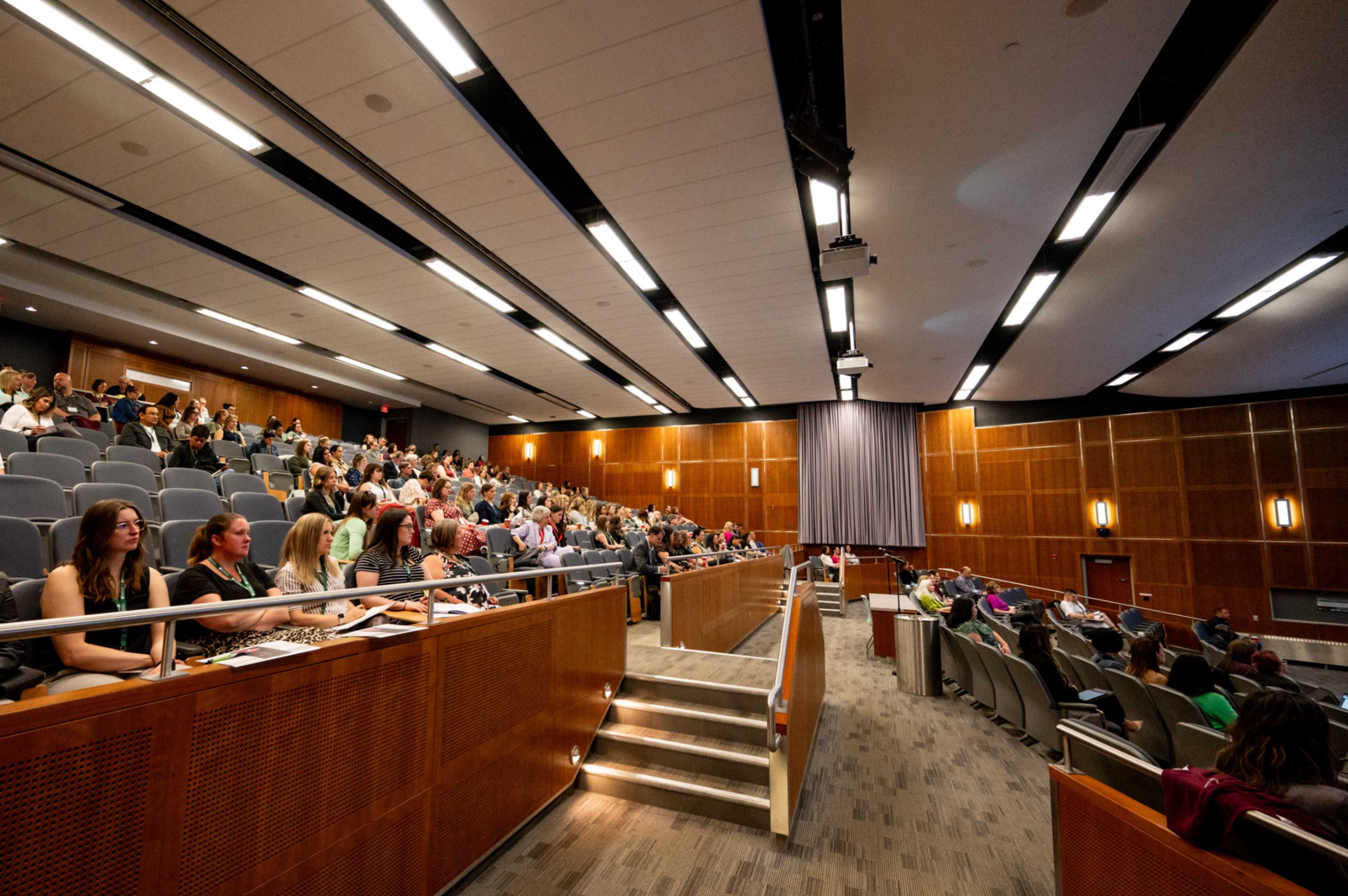
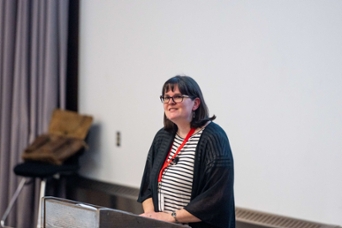
Schedule
Day 1 – Sunday, May 26, 2024
6:30 pm - 8:00 pm Opening Reception and Registration (Marquis Hall)
Day 2 – Monday, May 27, 2024
7:30 am Breakfast (Marquis Hall)
7:45 am Registration (HLTH 1150)
8:15 am Welcome (HLTH 1150)
8:30 am Plenary Session 1 (HLTH 1150)
10:10 am Break with Exhibitor Booths + Refreshments (HLTH GD07 Atrium)
10:30 am Concurrent Session 1 (HLTH GB03, HLTH GB10, HLTH B450)
12:00 pm Lunch (Marquis Hall)
1:00 pm Poster Session (HLTH 1150)
1:30 pm Concurrent Session 2 (HLTH GB03, HLTH GB10, HLTH B450)
3:00 pm Break with Exhibitor Booths + Refreshments (HLTH GD07 Atrium)
3:30 pm Plenary Session 2 (HLTH 1150)
5:30 pm- 8:15 pm Banquet with Speaker (Marquis Hall)
Day 3 – Tuesday, May 28, 2024
7:30 am Breakfast (Marquis Hall)
8:15 am Welcome to Day 2 (HLTH 1150)
8:30 am Plenary Session 3 (HLTH 1150)
10:00 am Break with Exhibitor Booths (HLTH GD07 Atrium)
10:30 am Concurrent Session 3 (HLTH GB03, HLTH GB10, HLTH B450)
12:00 pm Lunch (Marquis Hall)
1:30 pm Concurrent Session 4 (HLTH GB03, HLTH GB10, HLTH B450)
3:00 pm Break with Exhibitor Booths (HLTH GD07 Atrium)
3:30 pm Plenary Session 4 (HLTH 1150)
5:00 pm Closing Remarks
Meals and refreshments will be provided to all the registrants of the conference (no charge)
Registration
Now Closed
Registration is now open for the 2024 offering of the Violence & Aggression Symposium.
Registration Fees - all fees are plus Taxes
Early Bird Fees - Deadline extended until April 19, 2024
- $530.00 Registration
- $225.00 Student
Regular Conference Registration - after April 19, 2024
- $585.00 Registration
- $250.00 Student
Accommodation
HOLIDAY INN EXPRESS & SUITES EAST - UNIVERSITY
Toll-free 1-800-HOLIDAY ( 1-800-465-4329 )
Hotel direct 1-306-954-1250
A user-friendly URL is ready for booking guestrooms within the block dates by simply copying and pasting the Booking Link (URL) below and it will take you directly to the special group rate provided to the group.
Group Name: V&A Conference
Dates: May 26-28, 2024
Hotel Name and address:
Holiday Inn Express & Suites East-University-YXEES
1838 College Drive; Saskatoon; Bldg #2, SK; S1N 2Z8
STAYBRIDGE SUITES EAST - UNIVERSITY
Attendees can book guestrooms by calling the following phone numbers:
Toll-free 1-800-HOLIDAY ( 1-800-465-4329 )
Hotel direct 306-952 4888
A user-friendly URL is ready for booking guestrooms within the block dates by simply copy and pasting the Booking Link (URL) below and it will take you directly to the special group rate provided to the group.
Group Name: Highlights in Medicine 2023
Dates: May 26-28, 2024
Hotel Name and address:
Holiday Inn Express & Suites East-University-YXESB
1838 College Drive; Saskatoon; Bldg #2, SK; S1N 2Z8
Park Town Hotel
Parking
Most parking meters on campus are $3.00 per hour 7:30 AM to 6 PM Monday to Friday and $.50 per hour and $1.50 per hour 6 PM to 10 PM Monday to Friday and 7: 30 AM to 10 Saturdays. All meters at Royal University Hospital locations are in operation 24 hours (year-round).
Summer parking is from May 1 to August 31. Free parking on weekdays after 4 PM and all day on weekends during this time in Staff and Student Lots
On Sunday evening, May 6, patrons can park in the F lot, located by the Education building, at no cost. Correct during the summer as above.
Lot 1, located across from Place Riel, has no daily maximum.
Lot 4, located by the Education Building, has a daily maximum of $15.00 per exit per day and a $6 maximum on weekday evenings after 6 PM and all-day weekends.
Stadium Parkade has a daily maximum of $15.00 per exit per day and a $6 maximum on weekday evenings after 6 PM and all-day weekends.
Agriculture Parkade has no daily maximum. $18 daily maximum and $6 maximum weekday evenings after 6 PM and all day weekends.
G lot, located on Science Crescent, is reserved Monday to Friday for staff and faculty parking until 5 pm. After 4 pm, patrons can use the G lot for $6.00 per exit per day and all day on weekends.
Poster Competition
Now Closed
Call for Abstracts: In-Person Poster Session
Prize: A monetary award will be granted for the 'Best Student Poster'
Abstract Submission Deadline: April 15th, 2024
Submit your abstract now to secure your spot and be part of this stimulating academic gathering. Don't miss this chance to network, learn, and celebrate the spirit of research.
Trade Tables
There will be a limited number of trade tables/booths available at the Violence and Aggression Symposium. Please contact forensic.centre@usask.ca by May 15, 2024, if you are interested to have a trade table/booth at our conference.
Planning Committee
- Dr. Lisa Jewell (Co-Chair), Research Associate, CFBSJS
- Dr. Mansfield Mela (Co-Chair), Director, CFBSJS
- Lilani Samarakoon, Coordinator, CFBSJS
- Dr. Renata Roma, Post-Doctoral Fellow, CFBSJS
- Delphine Gossner, Director of Program Integrity and Evaluation, Offender Services, Goverment of Saskatchewan
- Dr. Leslie Anne Keown, Executive Director, Canadian Institute for Public Safety Research and Treatment (CIPSRT)
- Dr.Dena Derkzen, Senior Research Manager, Research Branch, Correctional Service Canada - National Headquarters
- Professor Emeritus Cindy Peternelj-Taylor, Professor Emeritus, College of Nursing, University of Saskatchewan
- Dr. John Weekes, Director, Knowedge Mobilization, Canadian Centre on Substance Use and Addiction
- Sgt. Nick Smyth, Manager, Regina Violent Crime Analysis Sections, Royal Canadian Mounted Police
- Dr. Natalie H. Polvi, Registered Doctoral Psychologist, Chief Psychologist, Regional Psychiatric Centre, Correctional Service Canada, Prairie Region
- Dr. Kingsley Nwachukwu, Saskatchewan Hospital North Battleford
Symposium Sponsors




